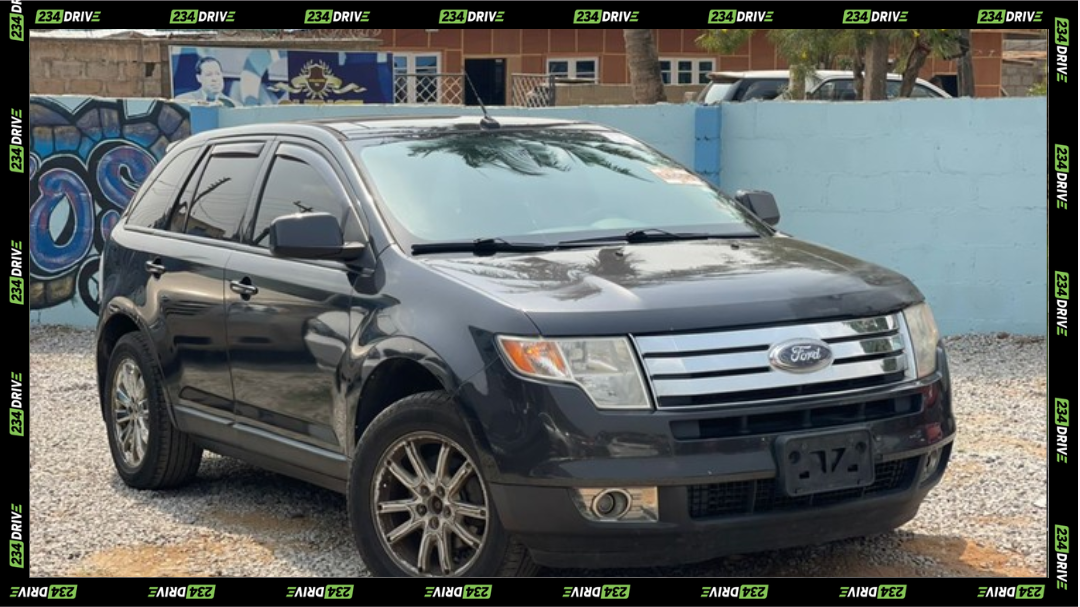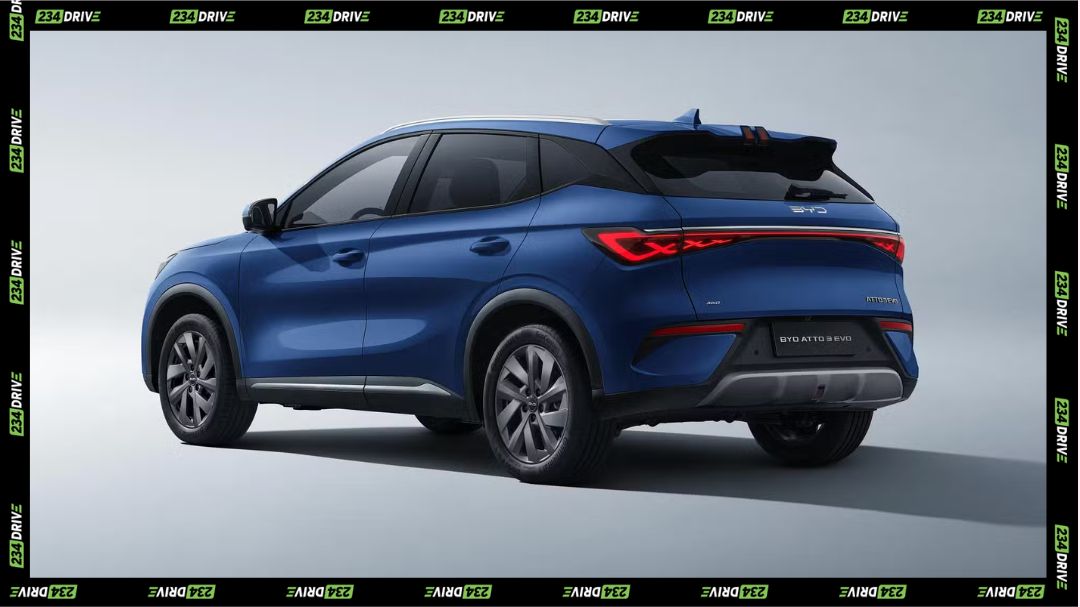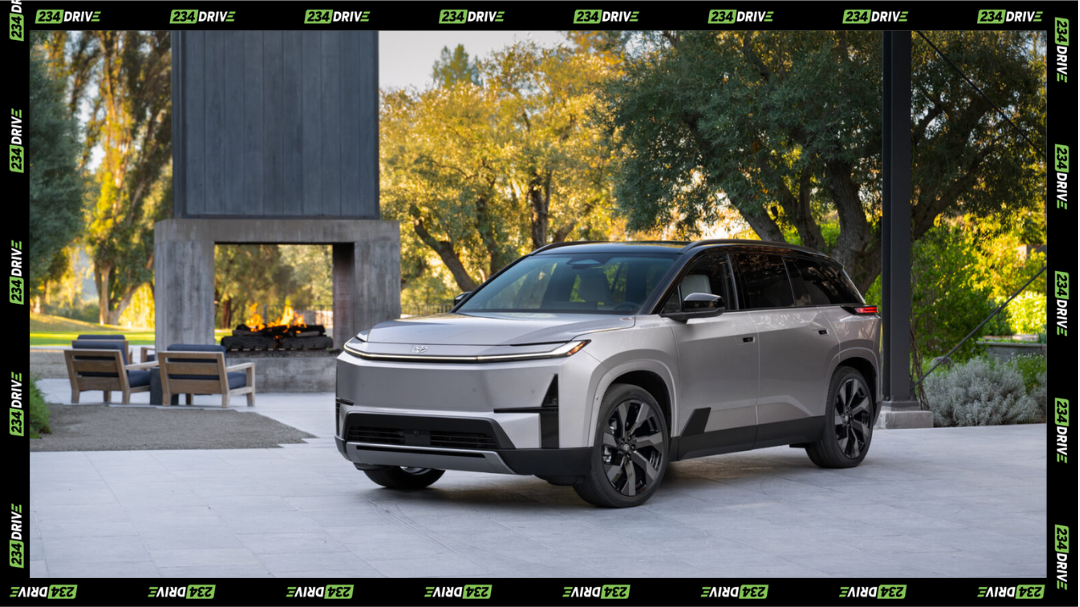Luxury mid-size SUVs remain among the most desirable vehicle categories in 2025, offering a mix of space, technology, prestige, and driving enjoyment without moving into full-size territory. Models such as the Genesis GV80, BMW X5, Mercedes-Benz GLE, Porsche Cayenne, Lexus RX350, Audi Q7, and Volvo XC90 each bring distinctive qualities, making them top considerations for buyers globally and in Nigeria. For Nigerian motorists, factors such as fuel economy, import duties, availability of spare parts, dealer network, and long-term resale value add unique weight to purchasing decisions.
These SUVs matter because they represent a balance between performance and practicality while maintaining a strong sense of luxury. With 2025 updates like the Genesis GV80’s new interior technology and warranty support, or the BMW X5’s refined hybrid efficiency, buyers have more competitive options than ever. Below, we break down the exterior design, interior comfort, and performance of each SUV, before examining their relevance in Nigeria and how they compare against rivals.
BMW X5 (2025)
The BMW X5 retains its sharp, athletic silhouette for 2025, enhanced with subtle styling tweaks that maintain its sporty image. Its kidney grilles, LED lighting signature, and sculpted profile give it a dynamic road presence that appeals to drivers who want both performance cues and luxury aesthetics.

Inside, the X5 continues to deliver excellent build quality and technology. The curved display integrates driver instruments and infotainment, while wireless Apple CarPlay and Android Auto provide seamless connectivity. Engine options include a 375 hp six-cylinder, a 483 hp plug-in hybrid with ~40 miles of electric range, and high-performance M variants. The ride balances athleticism with refinement, offering fuel economy up to 25 mpg combined.
Genesis GV80 (2025)
The Genesis GV80 positions itself as the most stylish in the segment, resembling high-end marques with its bold grille and Bentley-inspired design cues. Its sleek lines and confident stance give it strong road presence without being overly aggressive.
The 2025 GV80 benefits from a refreshed cabin with a 27-inch curved OLED display that stretches across the dashboard. Powertrain updates include a 304 hp turbo-four and a 380 hp V6, capable of matching rivals in acceleration. The ride is praised for quietness and composure, while Genesis’ generous warranties (5-year/60,000-mile bumper-to-bumper and 10-year/100,000-mile powertrain) set it apart in terms of long-term assurance.
Mercedes-Benz GLE (2025)
The Mercedes GLE carries its signature elegant lines into 2025, with design updates focused on refining aerodynamics and lighting. Its proportions and chrome details give it the understated yet commanding presence expected from a luxury SUV.

Inside, the GLE prioritises passenger comfort with plush seating, advanced ride control technology, and multiple drivetrain options, including efficient four-cylinders, plug-in hybrids, and AMG-tuned variants. Fuel economy varies between 15–26 mpg depending on configuration, but ride quality remains one of the most refined in its class.
Audi Q7 (2025)
The Audi Q7 offers understated elegance with its large grille, sharp character lines, and well-proportioned stance. It retains its appeal as a practical yet premium option for families.
The cabin continues to impress with Audi’s driver-focused digital displays, leather finishes, and space for seven passengers. Powertrain options deliver a balanced blend of efficiency and capability, though long-term reliability concerns have been raised, making extended warranty coverage advisable.
Volvo XC90 (2025)
The Volvo XC90 blends Scandinavian simplicity with premium road presence. Its clean surfaces, “Thor’s Hammer” LED lights, and restrained proportions create a unique design identity.
Inside, the XC90 maintains its reputation for safety and comfort. The cabin is designed with natural materials, intuitive controls, and advanced driver assistance systems. It delivers solid performance across trims, though parts availability and servicing in Nigeria can be costly compared to mainstream rivals.
Porsche Cayenne (2025)
The 2025 Porsche Cayenne emphasises performance with aggressive styling cues, wider tracks, and sporty stance. It is instantly recognisable as a Porsche, appealing to buyers seeking prestige and driving excitement.

The Cayenne’s interior offers a driver-focused cockpit, supportive seating, and premium materials throughout. Performance is its hallmark, with engines delivering strong acceleration and handling. Cargo space and rear seating are slightly less generous than rivals, but driving enjoyment is unmatched.
Lexus RX 350 (2025)
The Lexus RX350 maintains its refined and contemporary styling, with sharp lines, a signature spindle grille, and compact proportions that make it practical for urban and suburban driving. It remains one of the most approachable luxury SUVs visually.
The RX350 continues to prioritise reliability and comfort, with high-quality materials, user-friendly technology, and smooth powertrains. While less sporty than the X5 or Cayenne, its strength lies in dependable performance and strong resale value, making it a favourite for long-term ownership.
What These SUVs Mean for Nigerian Roads
For Nigerian drivers, these SUVs bring more than luxury—they offer status and practicality. Poor road conditions favour SUVs with robust suspensions and higher ground clearance, making models like the BMW X5, Mercedes GLE, and Lexus RX popular choices. Import duties and fuel costs elevate total ownership, so warranties and resale value are critical considerations. Genesis’ long warranty and Lexus’ proven reliability offer assurance, while BMW and Porsche provide prestige at higher running costs.
Service and dealer networks also matter. BMW, Mercedes, and Lexus have established support in Lagos and Abuja, making them more practical than Audi or Volvo, which may face parts and service availability challenges. For buyers prioritising prestige and long-term usability, local service options and maintenance affordability are key factors.
How They Compare Against Rivals
In terms of cost, Genesis offers the strongest value proposition, undercutting German rivals while providing comparable luxury. BMW leads in driving dynamics, while Mercedes dominates comfort. Porsche offers unmatched sportiness, while Lexus delivers class-leading reliability and resale. Audi and Volvo appeal to families seeking practicality and safety but face challenges in Nigerian conditions due to parts and servicing.
Resale values also vary. Lexus and BMW hold value best, while Audi and Volvo depreciate faster. Genesis is gaining recognition but has yet to establish strong resale markets outside North America and Asia. Porsche holds prestige value, though running costs are higher. Nigerian buyers should weigh purchase cost, maintenance, and long-term value when choosing.
Conclusion
The 2025 mid-size luxury SUV market offers diversity for buyers with different priorities. The BMW X5, Genesis GV80, Mercedes GLE, Audi Q7, Volvo XC90, Porsche Cayenne, and Lexus RX350 each bring unique strengths in design, performance, and ownership appeal.
For Nigerian buyers, the Genesis GV80 and Lexus RX350 stand out as the most practical long-term investments due to warranty and reliability, while the BMW X5 and Porsche Cayenne cater to those seeking performance and prestige. Ultimately, the best choice depends on balancing budget, usage, and service access. Which of these SUVs would you choose for Nigerian roads in 2025?









